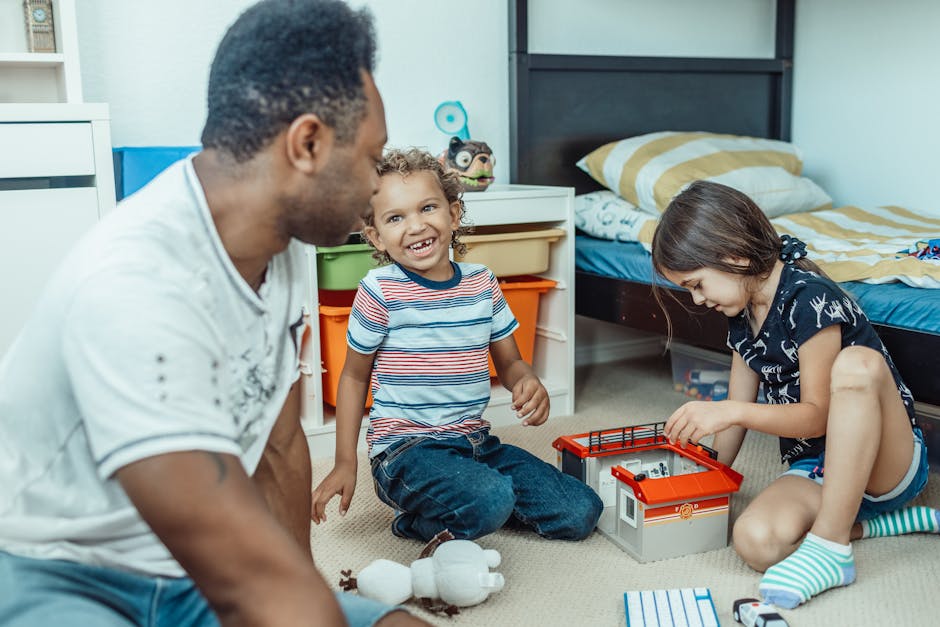Choosing the right toys and games for your child can be a daunting task, given the sheer variety available. From educational toys to action figures, the options seem endless. But selecting the right playthings can significantly impact your child's development, fostering creativity, problem-solving skills, and social interaction.
Consider your child's age and developmental stage. A toy suitable for a toddler won't engage a pre-teen. Look for toys that challenge their current abilities and encourage them to learn new skills. Age recommendations on packaging are a good starting point, but also observe your child's interests and play style.
Think about your child's interests. Do they love building things, playing pretend, or solving puzzles? Choosing toys that align with their interests will keep them engaged and motivated to play. Observe what they gravitate towards in stores or at friends' houses.
Safety is paramount when choosing toys. Check for small parts that could be a choking hazard, especially for younger children. Ensure the toy is made of non-toxic materials and is durable enough to withstand regular play. Read reviews and check for any safety recalls before making a purchase.
Educational toys can be a great way to support your child's learning and development. Look for toys that promote problem-solving, critical thinking, and creativity. Building blocks, puzzles, and science kits are excellent examples. Even simple toys like shape sorters can teach valuable skills.
Don't underestimate the power of traditional toys and games. Board games are a fantastic way to encourage social interaction, teach turn-taking, and develop strategic thinking. Classic toys like dolls and action figures can spark imaginative play and storytelling.
Consider the toy's longevity. Will it hold your child's interest for a reasonable amount of time? Some toys offer open-ended play possibilities, allowing children to use them in various ways and fostering creativity. These types of toys are often a better investment than those with limited functionality.
Finally, remember that play is essential for a child's development. It helps them learn about the world, develop social skills, and express their creativity. By carefully choosing toys and games that are age-appropriate, safe, and engaging, you can provide your child with valuable opportunities for growth and learning.
